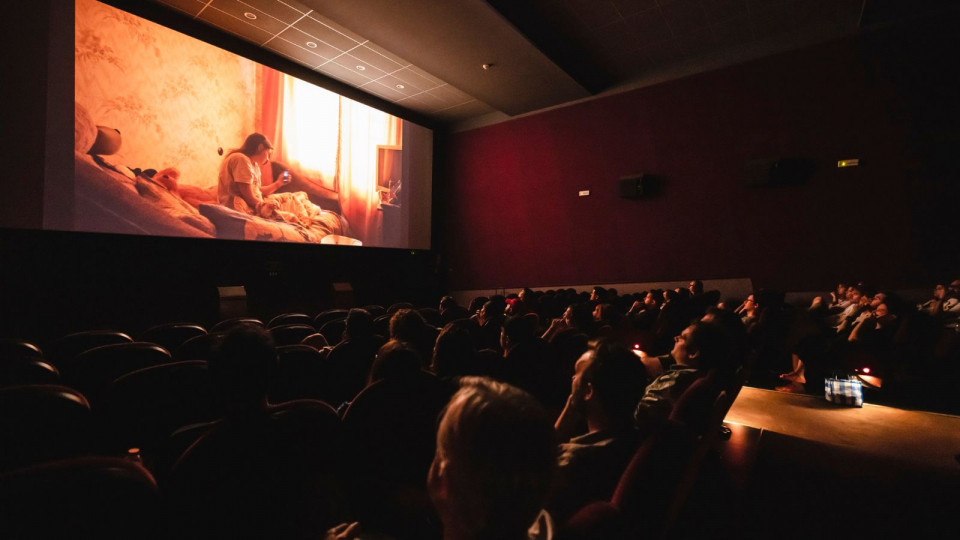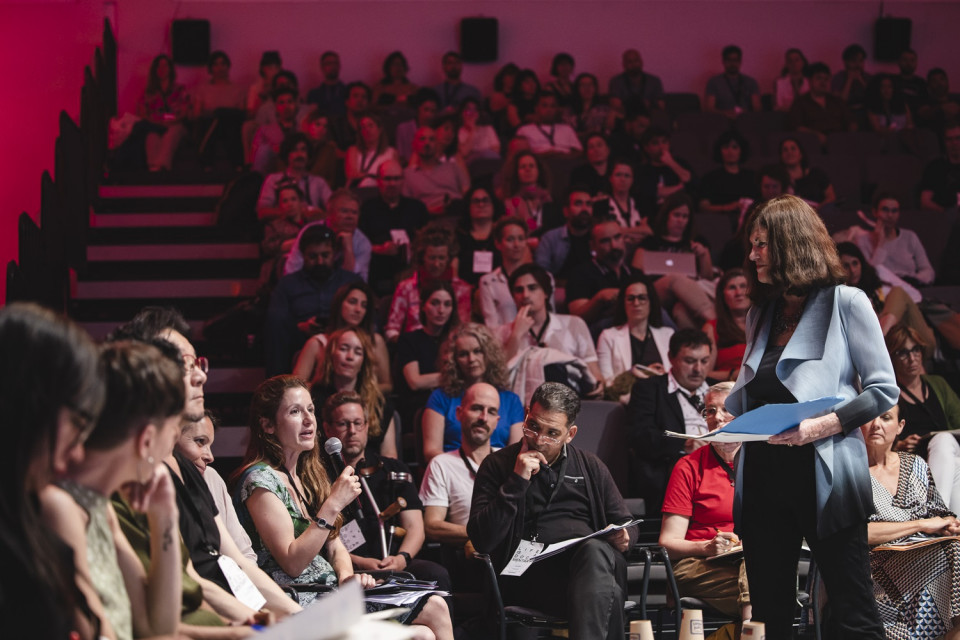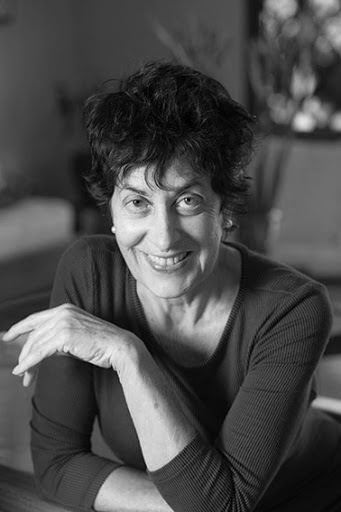María Teresa Larraín, who studied Law and Drama in her native Chile, immigrated to Canada in 1976, where she worked for several years as a legal assistant and a community developer. After training in prestigious film institutions in Canada and the United States, she started working as an independent writer-director. Her films reflect the duality of living in, while constantly moving out and between these two worlds: her native Chile and Canada, her second home.
María Teresa's films range from the political: BESIEGED LAND to the personal and poetical: SHADOW GIRL. Her character-driven documentaries often focus on racialized and marginalized communities, poverty and the environment, diversity, social inclusion, aging and disability. Her most recent film SHADOW GIRL (2016), an autobiographic film which follows her journey into blindness, had its World Premiere at DocsBarcelona (Official Section) in May 2016, where it screened to enthusiastic audiences who commented on the visual treatment of the film: "A surprisingly luminous film, a unique kind of light, which has rarely been seen in the large screen before", its sound: "The sound design of this film is splendid, extraordinary rich, full of subtle details, as well as brilliant colours" and the story: "A compelling journey into the depths of blindness in an autobiographic narration full of courage and a sense of humour".
SHADOW GIRL had its Chilean Premiere at the Gala section of Sanfic (the Santiago International Film Festival) in August 2016 and in November of the same year, the film participated and won several awards in the following festivals: Fidocs (Santiago International Documentary Film Festival), DIVA (Diversity Film Festival of Valparaíso), DocsBarcelona Valparaíso and Fedochi, (International Film Festival of Chiloé). The award winning BESIEGED LAND (2007) was María Teresa's first feature length documentary and followed the conflict between a powerful landowner and a respected Mapuche Chief who fight over contested land in the South of Chile. The film screened in Latin American and international festivals and is now part of the permanent collection of the Smithsonian National Museum of the American Indian in New York. Her earlier one hour documentaries: BITTER LOVE, DOLORES and LOOKING FOR FINDLEY were sold to Tele Latino and Bravo! (Canada). WE WERE ALL GOING TO BE QUEENS and PASSIONATE INVOLVEMENT screened in non-commercial venues and distributed by the Working Women Community Centre and A Space Gallery in Toronto.
Between SHADOW GIRL and BESIEGED LAND, María Teresa developed two other feature length documentaries: DON'T PART WITHOUT SAYING GOOD BYE, a tale of loss, fear, guilt and betrayal set in the times of the military regime in Chile, and A PRIVATE MATTER, the story of two small fishing villages which fight a paper mill company over the construction of a duct which will spill toxic waste into the sea. Although the director had to abandon these projects because of her impending blindness, she is now returning to them to transform them in Transmedia projects.
Concurrent with her enrollment in Disability Studies at Ryerson University in Toronto, Maria Teresa Larraín is developing an itinerant exhibition of Shadow Girl in Chile, Canada and Costa Rica; the three production countries of the film. In addition, she is working on a new project called BEYOND THE SHADOWS. This interactive documentary exploring sound, touch, light, and other ways of 'seeing' is a co-production of Maremoto Productions and Mucha Media. The project won the Hackathon Award in Valparaíso and has been selected as one of the four projects which will pitch in DocsBarcelona, Spain, in May 2017.


